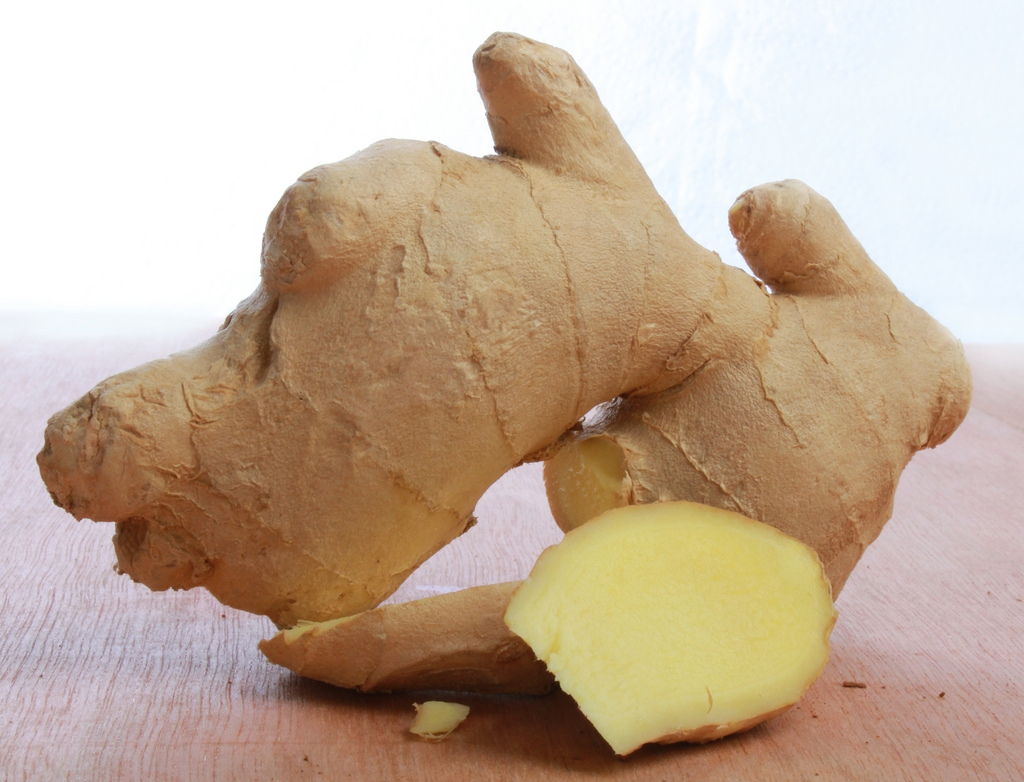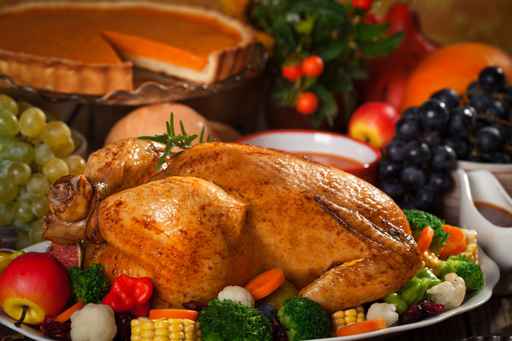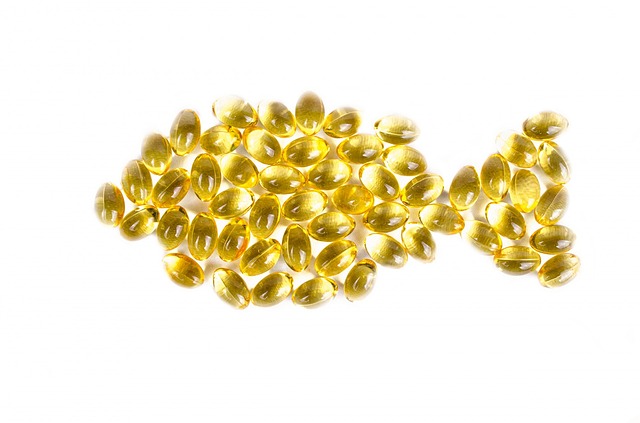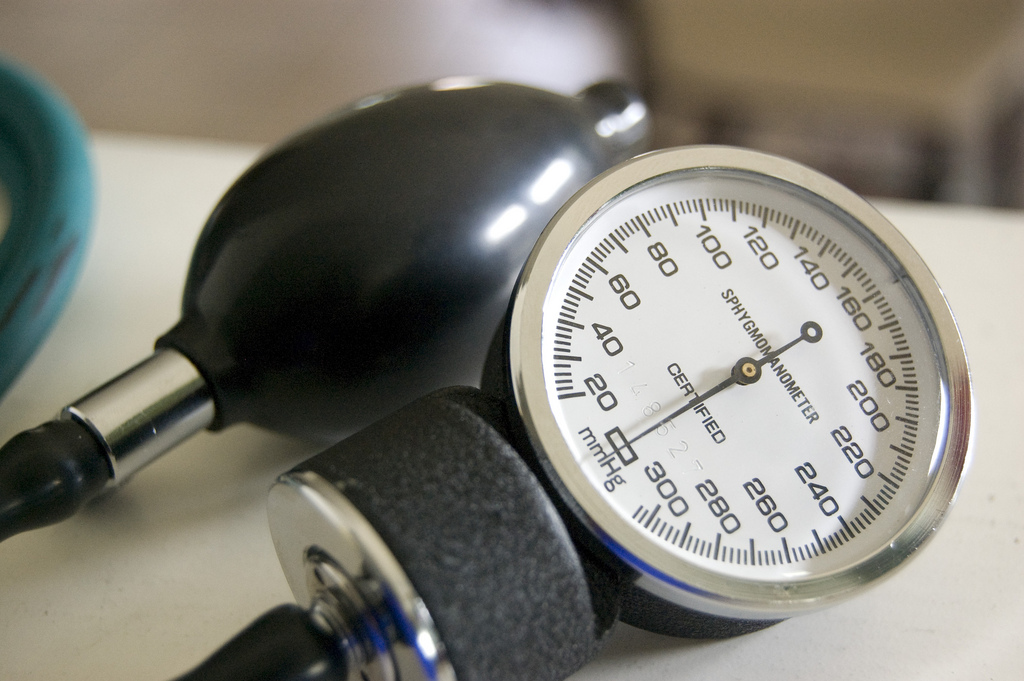
by Gill | Oct 27, 2015 | Womens Health
Introduction: Excessive menstrual bleeding, or menorrhagia, is a common female complaint that may be entirely prevented by a simple herbal prescription – capsules of ginger. The chief cause of functional menorrhagia (i.e., not caused by the presence of uterine...

by Gill | Oct 20, 2015 | Natural Facts, Prescription Drugs
Introduction: The media has once again failed to report the whole story or put things into the proper perspective when they reported on a study from the Centers for Disease Control and Prevention (CDC) and the U.S. Food and Drug Administration (FDA). The headlines and...

by Gill | Oct 15, 2015 | Most Recent, Webinar
We all know its tough to get through a busy, festive, holiday season without packing on the extra pounds. Many people, in fact, gain from 7-10 pounds during the holidays. However, there are ways that we can cut down on the food intake without missing out on the fun....

by Gill | Oct 6, 2015 | Depression, Most Recent
Introduction: What if in the treatment of depression, physicians quit relying on manipulating brain chemistry with drugs and focused instead on supporting brain chemistry? Based upon the results of a new study with fish oil supplementation conducted at the University...

by Gill | Sep 29, 2015 | Heart Disease
Introduction: An initial report from the Systolic Blood Pressure Intervention Trial (SPRINT) from the National Institutes of Health (NIH) could be used to justify more aggressive drug therapy for high risk individuals with high blood pressure. Since high blood...








